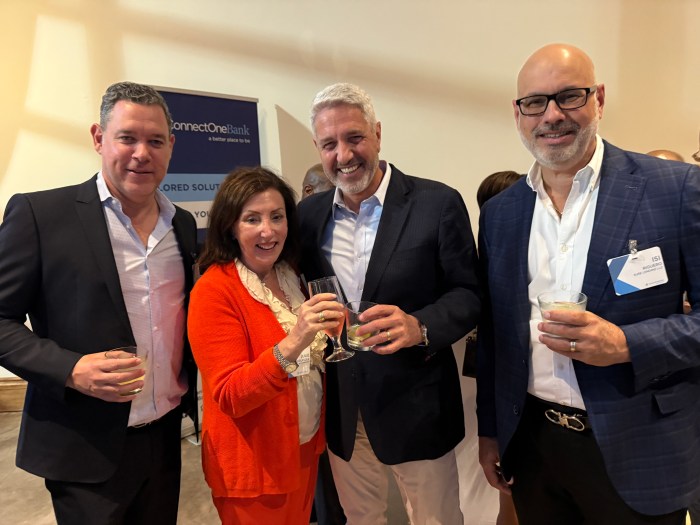At the age of 10, my world was shaken when my father, behind the wheel on the way home, clutched his chest in agony. Unable to drive, I wrestled the steering wheel from his hands and guided the car into the emergency driveway at New York Presbyterian Queens. Panic set in as a swarm of medical professionals rushed to my father’s aid.
In that frigid emergency room, a compassionate nurse emerged. She sat with me, offering reassurance throughout the ordeal. However, this isn’t always everyone’s experience. This was a pivotal moment for me that set the stage for a broader discussion on the disparities in healthcare. While circumstances such as mine are universally distressing, the anxiety is heightened when the care received fails to address or, worse yet, exacerbates the pain. To be overlooked in the system and feel misunderstood by your care provider is a reality that people experience every day.
This is the reality for countless Black people navigating our healthcare system. From inconsistent care standards to the haunting figures of Black maternal mortality, these disparities are not faceless statistics. They are an urgent call to action we need to answer as care professionals. Here are three steps that providers can take to build an equitable future in healthcare:
Pre-Empt Distrust
A visit to the doctor can evoke a sense of apprehension. For Black individuals, however, there is an additional layer of concern—being mindful of one’s appearance in the hope of avoiding unfair treatment. According to a recent KFF survey, a staggering 55% of Black adults express the need to meticulously manage their appearance to ensure fair treatment from providers. This heightened awareness reflects a broader societal issue, wherein individuals may feel compelled to manage not only their health concerns but also the potential biases they might encounter based on their racial identity. Other patients of color may opt to have someone on the phone during medical visits which reveals a deeper issue—systemic distrust.
Healthcare professionals should be aware of their patients’ skepticism, actively seeking to understand their experiences and what they bring to the bedside. To alleviate this skepticism, practitioners should prioritize building familiarity and make it the cornerstone of how they provide care.
Listen to Understand
Few in healthcare have the intention of mistreating others. But, the environment sometimes ingrains certain beliefs. In interactions with patients, these unconscious biases can lead to neglect or downplaying of concerns. It is essential to prioritize listening and acknowledging individual experiences, especially within the broader context of cultural nuances. Patients, particularly from marginalized communities, crave treatment for symptoms as well as understanding of their unique concerns. The key lies in recognizing the depth of these experiences and ensuring that healthcare also consider the impact on an individual’s life experiences to establish a care model that conveys the sentiment of acknowledging, listening, and understanding each individual’s perspective.
Dismantle Barriers
The key to dismantling systemic barriers lies in everyday actions. We must ensure that information reaches the communities that need it most through their own messengers. At MetroPlusHealth, taking a local approach is how we connect with residents from diverse neighborhoods throughout New York City via community events, non-traditional advertising methods, and embedding it into how we serve our members.
Many years ago, when that nurse extended compassionate care to me, it not only served as the catalyst for my journey into healthcare but also ignited a commitment to dismantle health inequities. Closing the gap in health insurance coverage, rectifying uneven access to services, and addressing poorer health outcomes among marginalized populations requires a boots-on-the-ground management model, along with a reprogramming of the implicit biases that permeate our healthcare system. As I reflect on those experiences, I invite us all to write a new narrative in healthcare – one that listens intently and seeks to understand diverse perspectives. The future of healthcare should echo with equality, understanding, and a shared commitment to transformative change.
Lynn St. Hilaire is Vice President of Clinical Services for MetroPlusHealth.






































